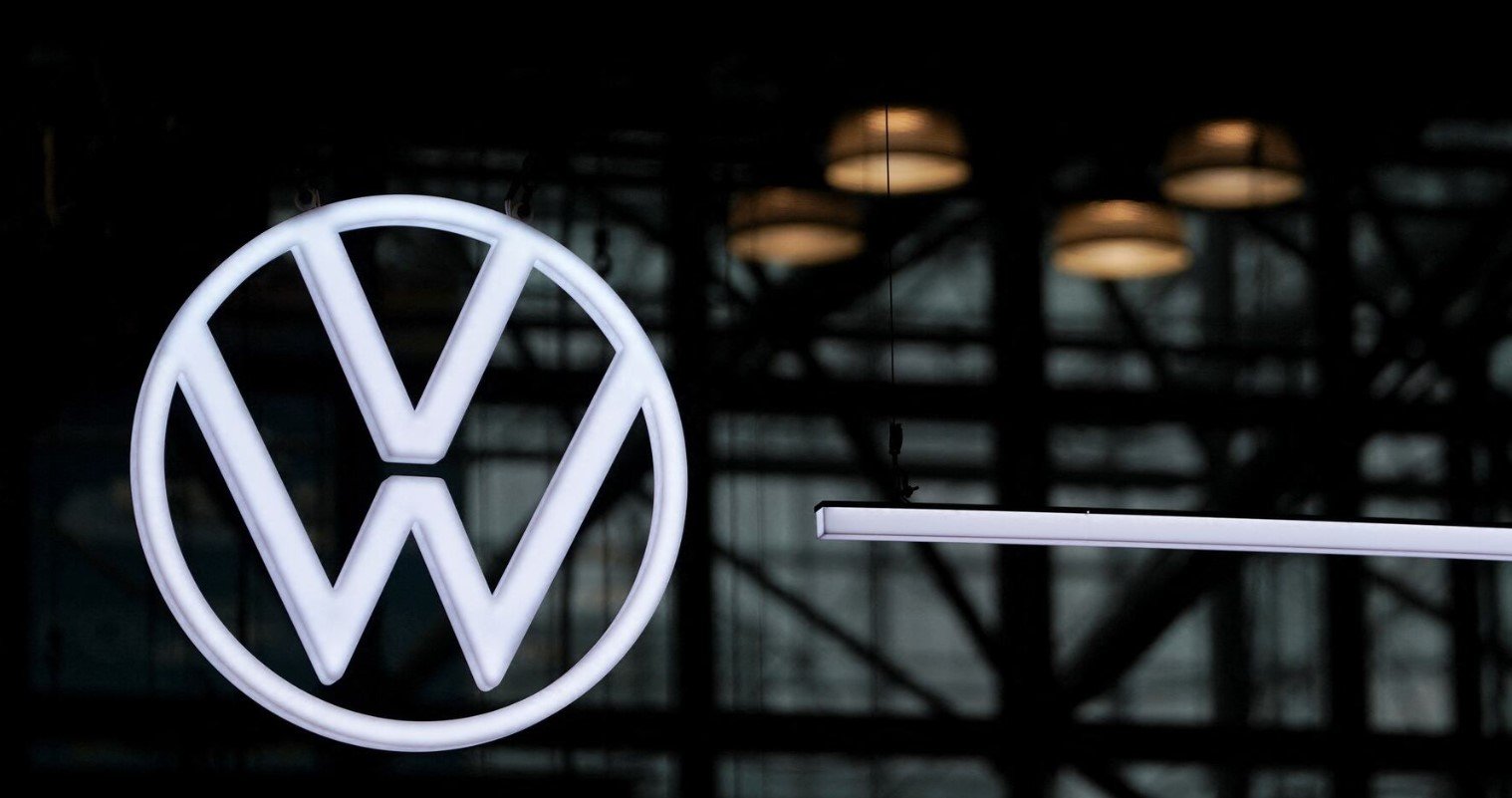Volkswagen Group has announced that it may close its Brussels factory, which produces high-end electric vehicles (EVs) for its Audi brand, due to a significant drop in demand. This decision comes as part of a broader strategy to address financial challenges and optimize operations. The potential closure of the Brussels site highlights the ongoing struggles faced by automakers in the EV market, despite substantial investments in technology and production capacity.
Financial Impact and Strategic Decisions
Volkswagen Group has lowered its forecast for operating returns to 6.5-7% from the previous 7-7.5%. This adjustment is attributed to the declining demand for Audi’s electric vehicles, particularly the Q8 e-tron model. The company has also cited other unexpected expenses, including exchange rate losses and the planned closure of the gas turbine business of its subsidiary, MAN Energy Solutions. These financial pressures have prompted Volkswagen to consider drastic measures, including the potential closure of the Brussels factory.

The Brussels site, which employs around 3,000 people, has been facing long-standing structural challenges. These include difficulties in changing its layout due to its proximity to the city and high logistics costs. The consultation process to find alternative solutions for the plant is underway, but ceasing operations remains a possibility if no viable alternatives are found.
The decision to potentially close the Brussels factory underscores the broader challenges faced by the automotive industry in transitioning to electric vehicles. Despite significant investments, the demand for high-end EVs has not met expectations, leading to financial strain and strategic reevaluations.
Challenges in the EV Market
The decline in demand for Audi’s Q8 e-tron, launched in 2018, has been a significant factor in Volkswagen’s decision-making process. The Brussels plant, which produced around 50,000 cars last year, has struggled to maintain production levels amid waning consumer interest in high-end electric vehicles. This trend is not unique to Volkswagen, as other automakers have also faced similar challenges in the EV market.
The high costs associated with producing electric vehicles, coupled with lower-than-expected demand, have created a challenging environment for automakers. Volkswagen’s experience with the Brussels factory highlights the difficulties in balancing production capacity with market demand. The company’s efforts to find alternative uses for the plant or to repurpose it for other production needs are ongoing, but the future remains uncertain.
The potential closure of the Brussels factory is a stark reminder of the volatility in the EV market. Automakers must navigate a complex landscape of consumer preferences, production costs, and technological advancements to achieve sustainable growth in the electric vehicle sector.
Broader Implications for the Automotive Industry
The challenges faced by Volkswagen and its Brussels factory have broader implications for the automotive industry. The transition to electric vehicles is a critical component of the industry’s future, but it is fraught with obstacles. Automakers must invest heavily in research and development, production facilities, and marketing to drive consumer adoption of electric vehicles.
Volkswagen’s experience highlights the importance of strategic flexibility and adaptability in the face of market fluctuations. The company’s decision to potentially close the Brussels factory is a reflection of the need to optimize operations and reduce costs in response to changing market conditions. This approach is likely to be mirrored by other automakers as they navigate the complexities of the EV market.
The potential closure of the Brussels factory also raises questions about the future of high-end electric vehicles. As consumer preferences evolve, automakers must continuously innovate and adapt to meet changing demands. The success of the electric vehicle market will depend on the ability of companies to balance production capacity with consumer interest and to develop new models that resonate with buyers.




































